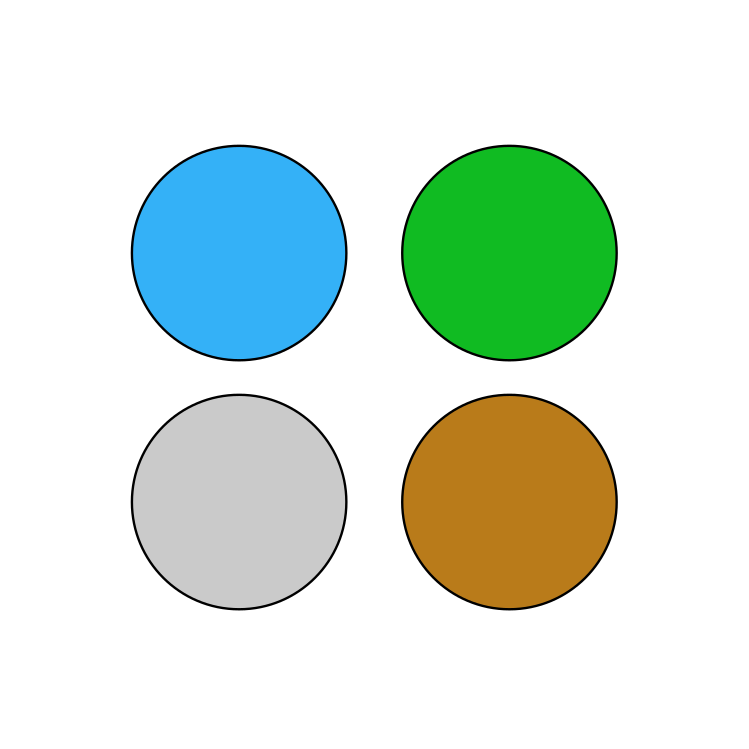
This learning course is inspired by Margarita Madrigal and Language Transfer.
With very little grammatical explanation, you will begin to internalize the language. Don't try to memorize anything! Just take your time and really think through how to translate the phrases. And mistakes are ok! Each lesson will build upon what you learned before it. Think of this course like a puzzle. You are building neural pathways :)
Table of Contents
The word for I is Ik (pronounced somewhere in between "ick" and "eek")
The word for want is will
The word for it is et (pronounced like the end of "pet")
Now, how would you say "I want it" in Germanisch?
Ik will et.
The word for you is du (pronounced like "do")
Du will et.
The word for see is sie (pronounced like "see")
Ik sie et.
Du sie et.
The book is dat buk (pronounced like "daht boowk")
Ik will dat buk.
The word for not is nit (pronounced like "neat")
The standard way to negate a phrase is to place "nit" after the verb and pronoun. You may have heard a phrase like "I want it not!" used in older contexts. When in doubt, think of how you would say it in a kind of old-timey Shakespearean English.
Ik will et nit.
Du sie et nit.
If there is an object that is not a pronoun, place "nit" directly after the verb.
Ik will nit dat buk.
Ik will et nit.
Du sie nit dat buk.
In this lesson, you have learned:
To form a question, you invert the subject and verb.
Will du et?
Will du et nit?
Will du dat buk?
Will du nit dat buk?
The word for me is my (pronounced like the English word "my")
Du sie my.
Sie du my?
This is called the "oblique" form of a pronoun.
"Du" has a similar form where you replace the u for a y.
Ik sie dy.
Ik will dy.
The word for to say is seje (pronounced like "say-uh")
Ik will seje.
When there are 2 verbs, the "nit" negation comes after the first verb.
Ik will nit seje.
Du will seje et.
In English, we write "to ___" for the infinitive form of a verb. In Germanisch, if the verb doesn't already end in a vowel, we just add an -e on the end.
Get rid of the final -e for a regular present tense verb.
Ik sej.
Ik will seje.
Ik sie.
Ik will sie.
Ik will nit sie dat buk.
If you do or give something to someone, you don't need to include a word like "to". Just put the oblique pronoun right after the verb.
Du sej my et.
Ik will sie dy nit.
Du will nit seje my et.
In this lesson, you have learned:
The word for but is mä (pronounced like "mat" without the "t")
Ik will seje, mä ik will nit.
In this lesson, you have learned: